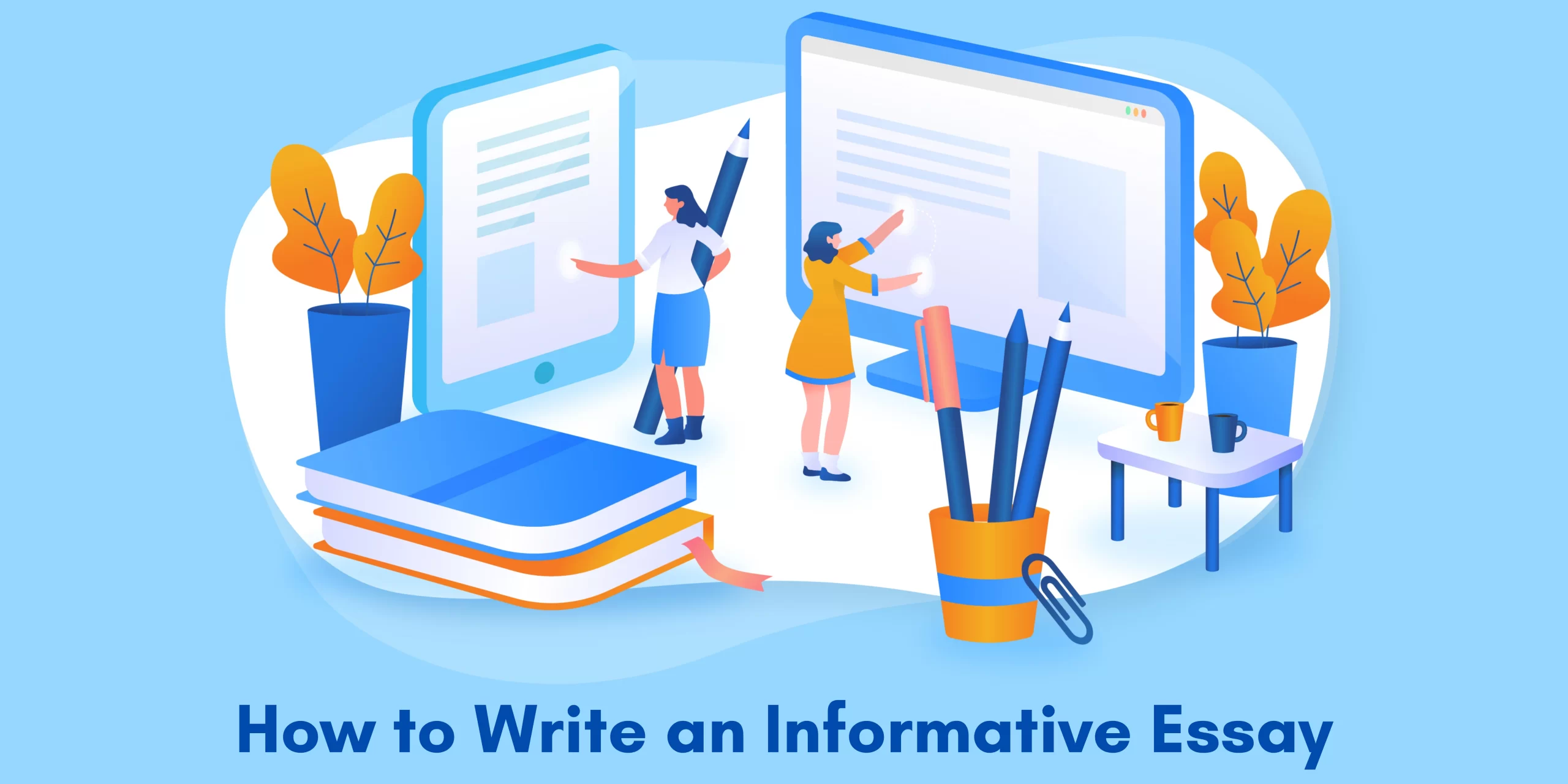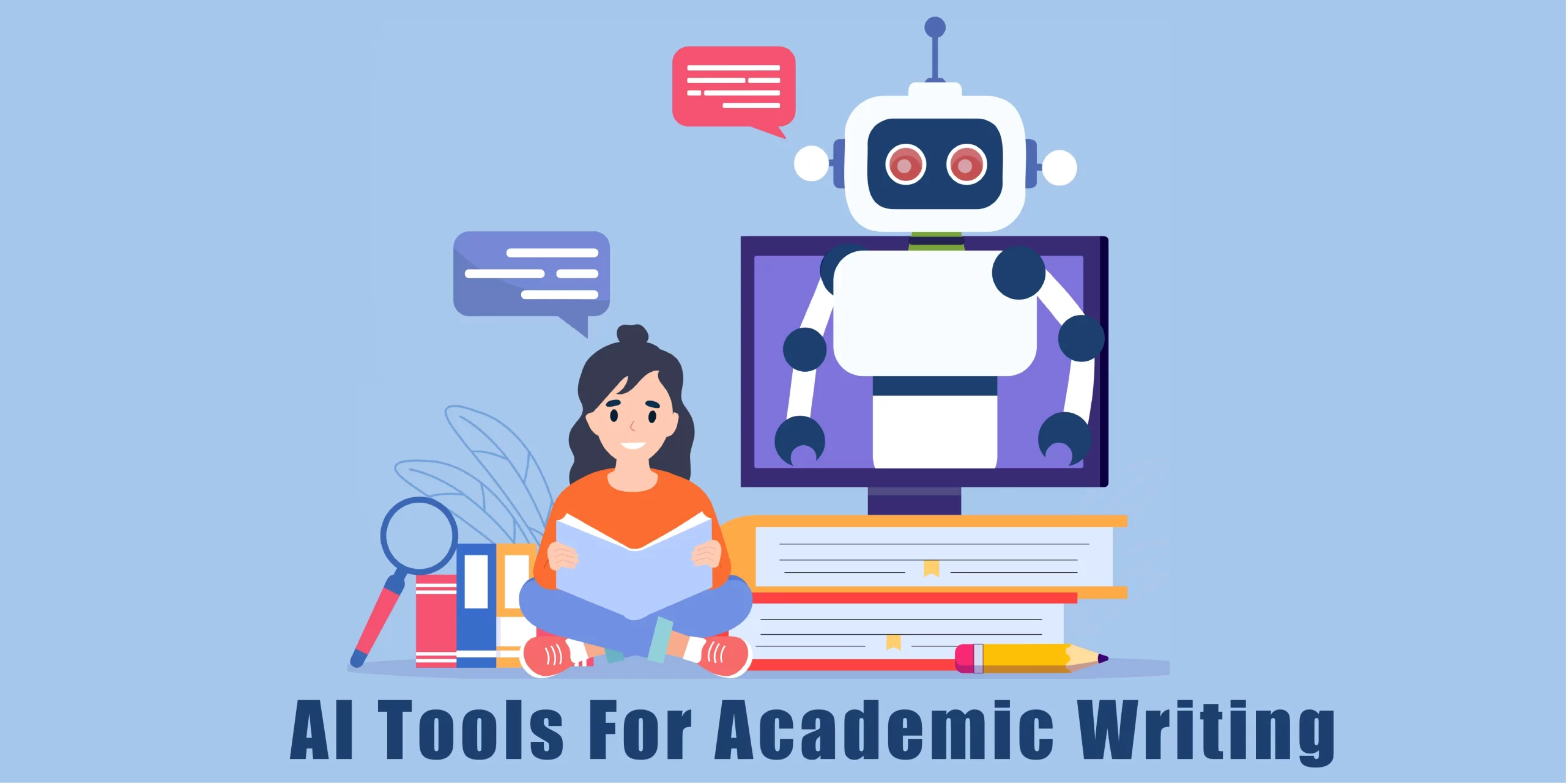What Is an Informative Essay?
An informative essay is a type of writing that aims to educate the reader on a specific topic by presenting clear, factual, and unbiased information. Unlike persuasive or argumentative essays, which seek to sway opinions, informative essays focus solely on delivering knowledge and enhancing understanding.
So, how does an informative essay stand out? The key lies in its objectivity. It avoids personal opinions or emotional language and instead relies on well-researched facts and evidence. Think of it as the foundation for learning, where the goal is to inform rather than to persuade.
In this guide, you’ll discover the essentials of writing an impactful informative essay. From choosing engaging topics to structuring your thoughts and crafting compelling examples, we’ll provide you with a step-by-step approach to mastering this writing style. Whether you’re a student aiming to ace your next assignment or someone refining your writing skills, this guide is your ultimate resource.
How to Pick the Perfect Topic?
Choosing the right topic for your informative essay is like setting the stage for a great performance. It needs to be relevant, engaging, and supported by ample research material. Here’s how to narrow down the ideal topic:
Relevance and Interest
Start by identifying topics that resonate with your audience. What sparks curiosity or addresses current trends? A good topic not only grabs attention but also ensures that your readers walk away with valuable insights. For example, if you’re writing for students, consider topics like “The Impact of Social Media on Mental Health” or “The Science of Time Management.”
Feasibility
A compelling topic must also be researchable. Ensure there’s enough credible data to back up your points. Avoid overly niche or abstract ideas that might lack supporting evidence. Instead, focus on areas with well-documented studies or expert opinions. For instance, topics like “The History of Renewable Energy” offer both depth and accessibility.
Examples of Topics
Here are some ideas to inspire your next informative essay:
- The Benefits of Renewable Energy
- The Evolution of Artificial Intelligence
- The Science Behind Sleep and Productivity
- The History of Vaccines
- How the Internet Has Transformed Communication
- The Role of Nutrition in Academic Performance
- The Rise of Electric Vehicles
- The Impact of Music Therapy on Mental Health
- The Importance of Cybersecurity in the Digital Age
- The Role of Women in Historical Movements
The Perfect Informative Essay Outline

An effective informative essay outline acts as a roadmap, guiding you through the writing process and ensuring your content is well-organized and impactful. Crafting a clear structure not only enhances readability but also ensures your ideas flow logically from one point to the next. Here’s how to structure your essay for success:
Introduction Paragraph
The introduction is your chance to hook the reader and set the stage for your essay.
- Start with a Hook: Begin with a compelling statement, statistic, or question to grab attention. For example: “Did you know the average person spends over 6 hours online daily?”
- Provide Background Information: Briefly introduce the topic and its relevance. This sets the context for your audience, ensuring they understand why the subject matters.
- State a Clear Thesis Statement: End with a concise thesis that outlines the essay’s focus. Example: “This essay will explore the evolution of the internet, its impact on society, and the challenges it presents.”
Introduction Outline Example:
- Hook: Attention-grabbing fact or quote.
- Background Information: Brief explanation of the topic.
- Thesis Statement: Your main argument or purpose.
Body Paragraphs
The body is where you dive into the details, presenting your supporting evidence and analysis.
- Organize Supporting Details: Each paragraph should focus on one main idea that supports your thesis. Start with a topic sentence to clearly state the paragraphs purpose.
- Provide Evidence and Examples: Use facts, quotes, and statistics to substantiate your points.
- Ensure Logical Flow: Use transition sentences to connect paragraphs smoothly and maintain focus.
The Role of Topic Sentences for Informative Essays:
Topic sentences act as mini-thesis statements, keeping the reader oriented and your content aligned with the main argument. For instance: “The internet has revolutionized education, providing unprecedented access to information.”
Body Paragraph Breakdown:
- First Paragraph: Introduce your strongest supporting point.
- Second Paragraph: Build on your argument with additional evidence.
- Third Paragraph: Address challenges or counterpoints to provide a balanced view.
Conclusion Paragraph
The conclusion ties everything together, leaving a lasting impression.
- Summarize Key Points: Briefly recap the main arguments from your body paragraphs.
- Restate the Thesis: Paraphrase your thesis to reinforce your essay’s purpose.
- Leave a Lasting Impression: End with a thought-provoking statement, question, or call to action. Example: “As we continue to embrace the digital age, it’s vital to balance innovation with responsibility.”
Crafting a clear structure of an informative essay ensures your writing is engaging and impactful. By following this outline, you’ll confidently guide your readers through your insights while maintaining clarity and focus.
Pro Tips for Writing a Stellar Informative Essay

Crafting a high-quality informative essay requires a thoughtful approach. Here are some expert tips to ensure your essay stands out and delivers its message effectively.
Start Strong
The introduction sets the tone for your entire essay. A strong opening not only captures attention but also sets clear expectations.
- Use a Hook: Start with a surprising fact, thought-provoking question, or quote. For instance:
- “Did you know that over 70% of adults consume digital news daily?”
- “How has technology shaped the way we communicate?”
- Set the Scene: Provide a brief background before presenting your thesis.
For example, in an essay about renewable energy:
- Introduction Sentence: “As the world grapples with climate change, renewable energy has emerged as a beacon of hope, promising a sustainable future.”
Effective informative essay introduction examples like this help establish relevance and engage your audience.
Use Reliable Sources
A strong informative essay relies on credible data.
- Cite Reputable Sources: Include statistics, research studies, and expert opinions from trustworthy platforms. Avoid questionable websites or unverified information.
- Accurate Citations: Use proper citation styles to maintain credibility and help readers locate your sources.
Remember, the strength of your argument lies in the reliability of your data. Examples from informative writing samples show how properly cited facts can elevate an essay.
Keep It Objective
Unlike persuasive essays, informative writing is rooted in objectivity.
- Avoid Personal Opinions: Stick to the facts, presenting information without bias.
- Balance Perspectives: Offer multiple viewpoints when appropriate to provide a comprehensive understanding.
If you’re wondering, “Does an informative essay include opinion?” the answer is no. Your role is to inform, not persuade.
Edit and Revise
Editing transforms a good essay into a great one.
- Review for Clarity: Ensure your ideas flow logically and your arguments are easy to follow.
- Polish for Grammar: Check for spelling, punctuation, and grammar errors.
- Simplify Complex Sentences: Keep your language clear and concise.
Pro Tip: Read your essay aloud to catch awkward phrasing or inconsistencies. Learning from informative essay examples can provide additional inspiration for refinement.
Mastering how to write an informative essay requires planning, reliable research, and meticulous editing. With these tips, you’re well on your way to crafting an essay that’s not only informative but also compelling.
Learning Through Examples: Informative Essays
Examining informative essay examples is one of the best ways to understand this type of writing. Here are three standout examples that highlight the diversity and depth an informative essay can achieve.
Example 1: The Science of Climate Change
Climate change is one of the most pressing global issues, making it a popular topic for informative essays.
- Engage with Data: Use clear and concise language to present complex scientific concepts. For example, explain the greenhouse effect with relatable analogies like: “Think of Earth as a greenhouse, where heat gets trapped by a layer of gases, leading to a gradual warming.”
- Visuals Enhance Understanding: Incorporate charts or infographics to illustrate data, such as rising CO2 levels or global temperature trends.
- Balanced Perspective: Provide facts on causes (like industrial emissions) and solutions (renewable energy sources).
This example of a informative essay showcases how scientific topics can be presented in a way that’s accessible to readers.
Example 2: The History of Artificial Intelligence
Artificial Intelligence (AI) has evolved dramatically, making it a fascinating subject for an informative essay.
- Balance Historical Context with Future Implications: Start with the origins of AI, such as Alan Turing’s groundbreaking work, and transition to modern applications like self-driving cars and virtual assistants.
- Highlight Milestones: Break down key developments, like the creation of neural networks, to provide structure.
- Engage Readers with Questions: For instance, “What ethical challenges might AI pose in the future?”
This informative essay sample demonstrates how historical context can be seamlessly blended with forward-looking insights.
Example 3: The Benefits of Mindfulness
Mindfulness is a trending topic that resonates across diverse audiences.
- Actionable Tips: Pair factual data (e.g., how mindfulness reduces stress hormones) with practical advice, like breathing exercises or guided meditation apps.
- Relatable Examples: Use real-life scenarios, such as managing workplace stress, to make the essay more engaging.
- Support with Research: Cite studies on mindfulness improving focus and mental health for credibility.
This example of informative writing balances practical advice with educational content, creating a piece that informs and inspires.
By exploring these informational essay examples, writers can gain valuable insights into crafting essays that are not only informative but also engaging and impactful. Whether it’s presenting scientific data, tracing historical developments, or offering actionable advice, these examples demonstrate the versatility of the informative essay format.
Final Thoughts: Why Informative Essays Matter
Mastering the art of writing an informative essay is essential for academic and professional success. This essay type equips you with the ability to convey knowledge clearly and concisely, a skill that transcends classroom walls and proves invaluable in the workplace. Whether explaining complex concepts or presenting detailed research, an informative essay lays the groundwork for effective communication.
By understanding the informative essay structure, practicing with examples, and refining your writing process, you can craft essays that are not only factually sound but also engaging. Start with a strong informative essay thesis, support it with evidence, and wrap it up with a conclusion that leaves a lasting impression. Using an informative essay template ensures your thoughts stay organized and coherent.
If you’re ready to take your writing to the next level, Quick Edu Help is here to help. From informative writing examples to personalized writing, editing and structuring, we offer expert assistance to help you excel. Explore our services today and let us guide you toward crafting essays that stand out.
So, why wait? Start practicing with the tips and examples provided in this guide, and master the craft of informative essay writing!










